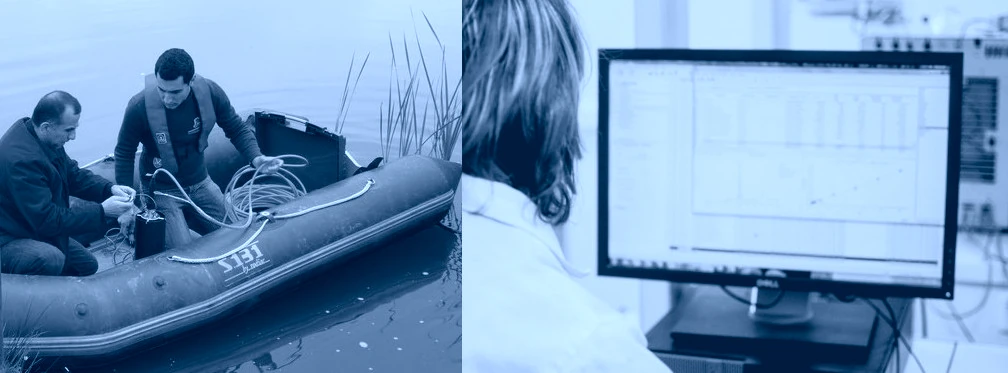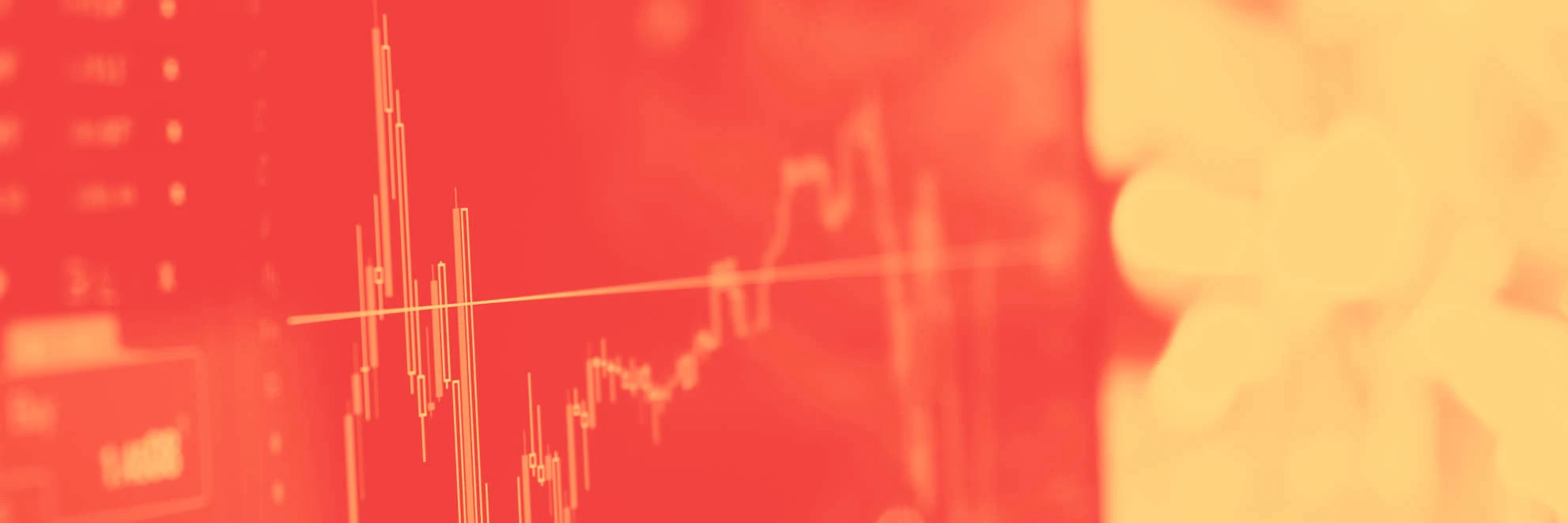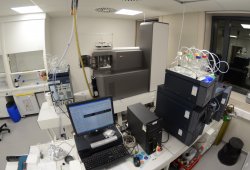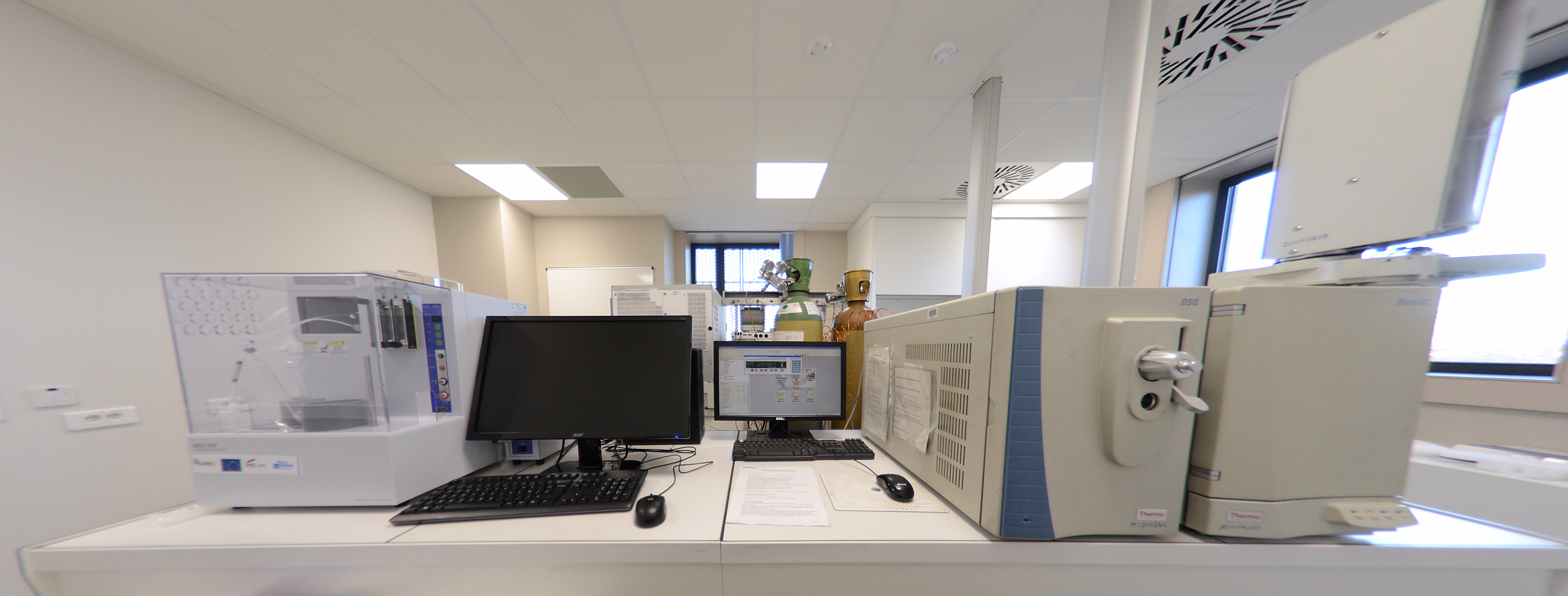Recent publications
936.
- titre
- Assessing water quality restoration measures in Lake Pampulha (Brazil) through remote sensing imagery
- auteur
- Alexandre Assunção, Talita Silva, Lino de Carvalho, Brigitte Vinçon-Leite
- article
- Environmental Science and Pollution Research, 2025, ⟨10.1007/s11356-025-35914-6⟩
- titre
- Do suspended particles matter for wastewater-based epidemiology?
- auteur
- Gauthier Bernier-Turpin, Régis Moilleron, Chloé Cenik, Fabrice Alliot, Sabrina Guérin-Rechdaoui, Thomas Thiebault
- article
- Water Research, In press, 280, pp.123543. ⟨10.1016/j.watres.2025.123543⟩
- titre
- Plastic debris dataset on the Seine riverbanks: up to 38 000 pre-production plastic pellets reported per square meter
- auteur
- Romain Tramoy, Laurent Colasse, Johnny Gasperi, Bruno Tassin
- article
- Data in Brief, 2025, pp.111735. ⟨10.1016/j.dib.2025.111735⟩
- titre
- La persistance des champs d’épandage d’eaux usées de l’agglomération parisienne au cours du second XXe siècle
- auteur
- Etienne Dufour
- article
- Métropolitiques, 2025, ⟨10.56698/metropolitiques.2174⟩
- titre
- Stock and vertical distribution of microplastics and tire and road wear particles into the soils of a high-traffic roadside biofiltration swale
- auteur
- Max Beaurepaire, Tiago de Oliveira, Johnny Gasperi, Romain Tramoy, Mohamed Saad, Bruno Tassin, Rachid Dris
- article
- Environmental Pollution, 2025, 373, pp.126092. ⟨10.1016/j.envpol.2025.126092⟩
Analytical and field equipment
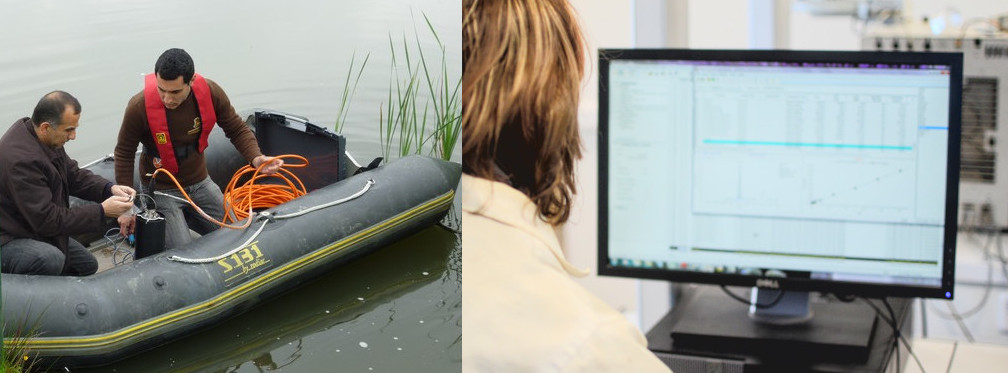
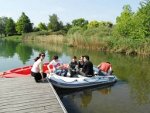
The goal of our scientific and technical platform is to provide high-end equipment for addressing the scientific issues raised by our various research themes.
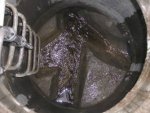
It includes analytical equipment for the determination of concentrations, sources and flows of organic, mineral and microbiological contaminants in urban systems under anthropic pressure.
Research projects need field equipment as well as accurate analytical instruments.
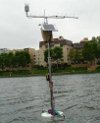
Our researchers thus have the possibility to use equipment for sample collection and in situ measurements (automatic samplers, equipped vehicles, osmosis system, sensors and probes), for the measurement of global parameters (ion chromatography, spectrophotometer and spectrofluorometer, dissolved organic carbon and elementary carbon analyzers) and for the measurement of trace organic and inorganic contaminants.
Leesu is equipped with sample preparation instruments (for liquids and solids) such as large volume filtration systems, automatic solid-phase extraction systems and microwave extraction system, digestors, centrifuge, DNA replicator or freeze dryer.
The platform also has high accuracy analytical instruments for the analysis of trace organic contaminants
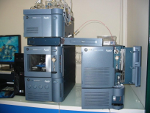
(gas and liquid chromatography coupled to mass spectrometry: GC-MS, UPLC-MS/MS), for the measurement of trace metals (automatic titrators and potentiometers, inductive coupled plasma spectrometer: ICP-AES) and for the analysis of microbiological contaminants (microplates reader, PCR thermocycler, electrophoresis and imaging systems, fluorescent microscope).
The analytical platform is constantly improved depending on research needs and new methods are continually developed.
Plateforme PRAMMICS
Leesu is also part of the PRAMMICS platform from OSU Efluve. This analytical platform is located in the Maison des Sciences de l’Environnement of UPEC, with expertise in analytical chemistry in several fields studied by the 5 laboratories of OSU Efluve (LEESU, LISA, CERTES, CEREA, IEES PARIS).
The goal of the PRAMMICS platform is to gather analytical equipments dedicated to environmental monitoring of a large diversity of organic micropolluants (semi-preparative HPLC-UV, high resolution mass spectrometry: UPLC-IMS-QTOF, AOX analyzer), trace elements (ICP-MS) and biological contaminants (microplates reader, PCR thermocycler...) in water, air and soil matrices.

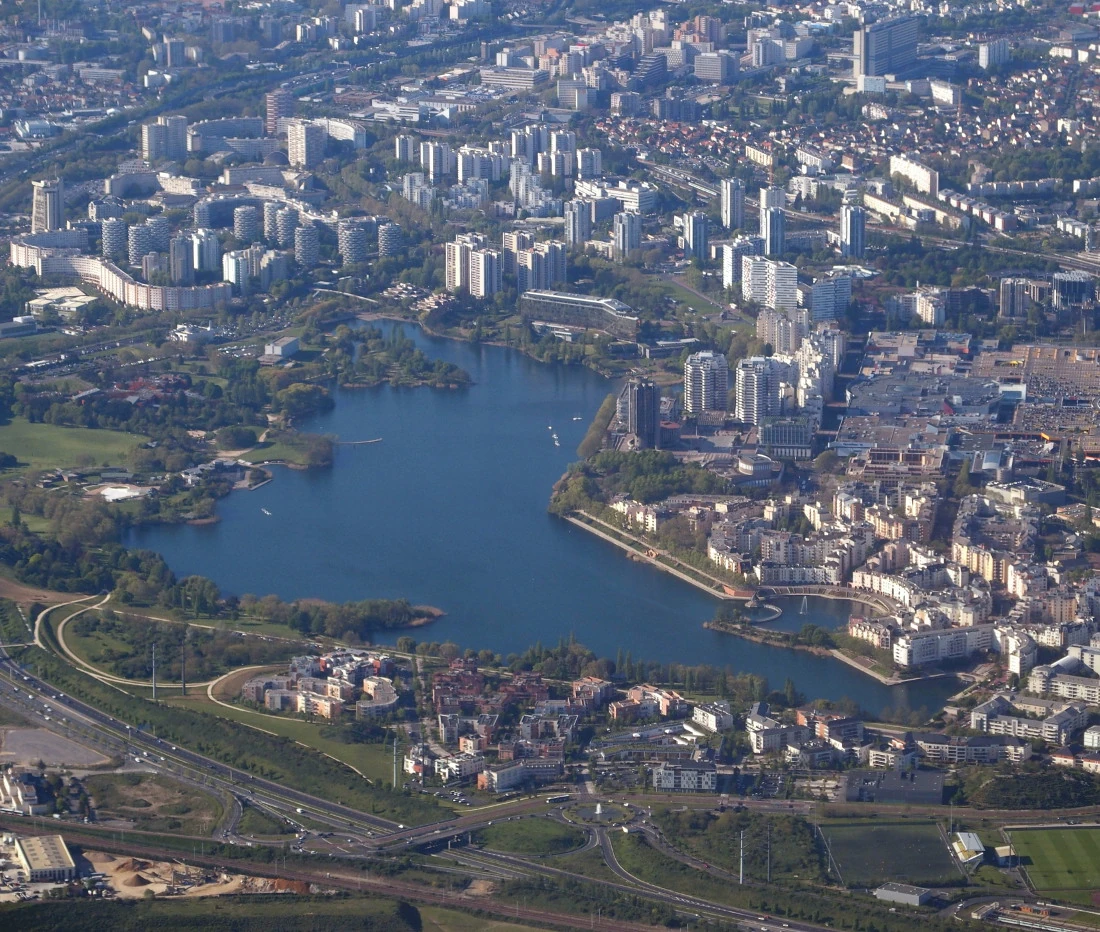



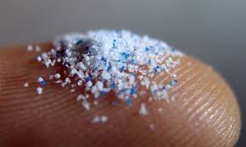
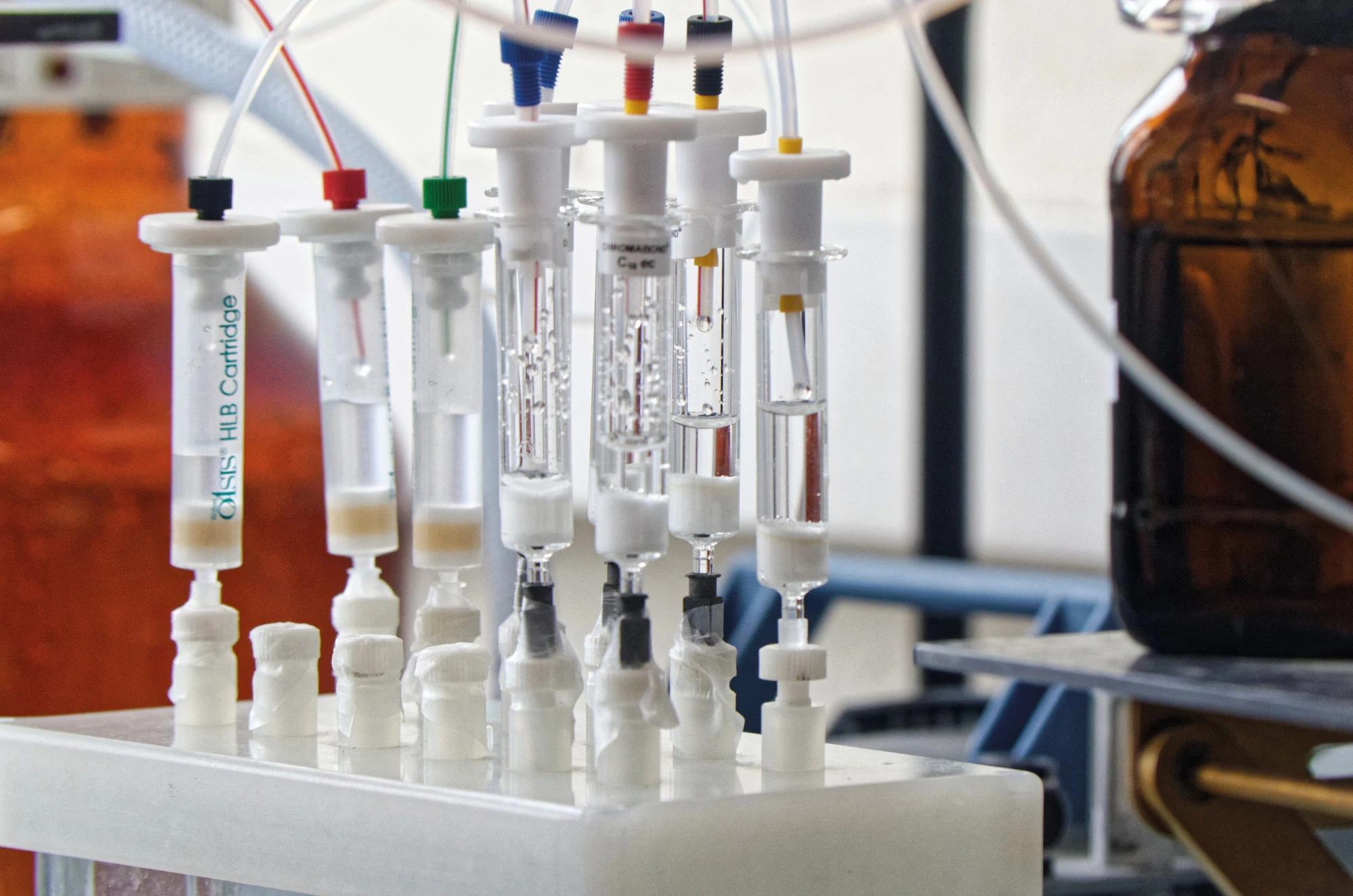
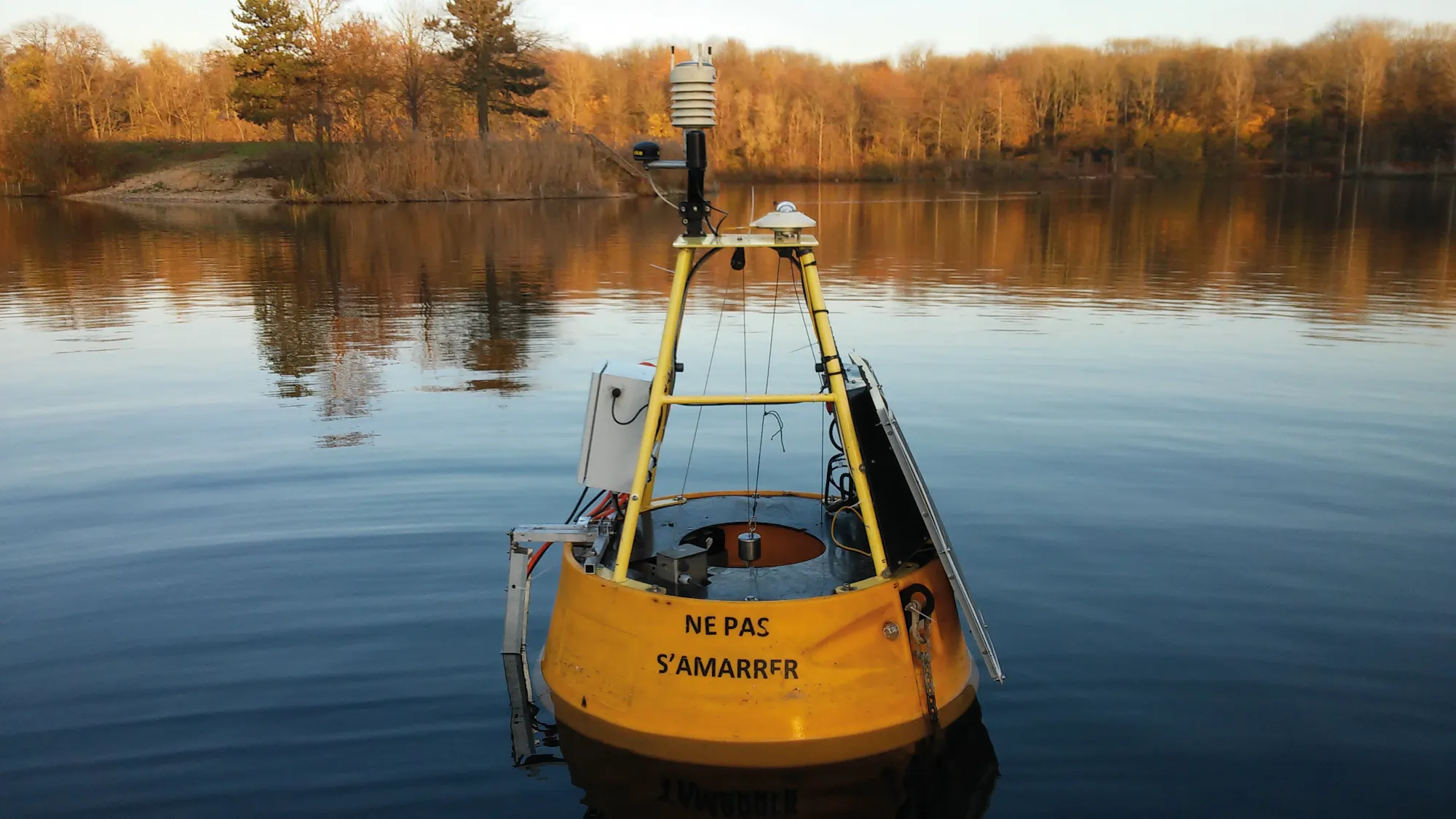
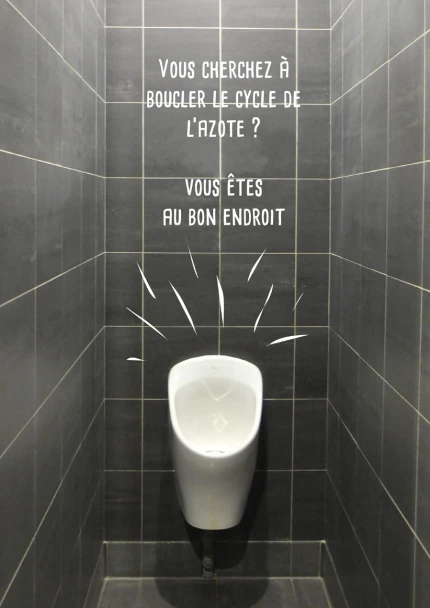
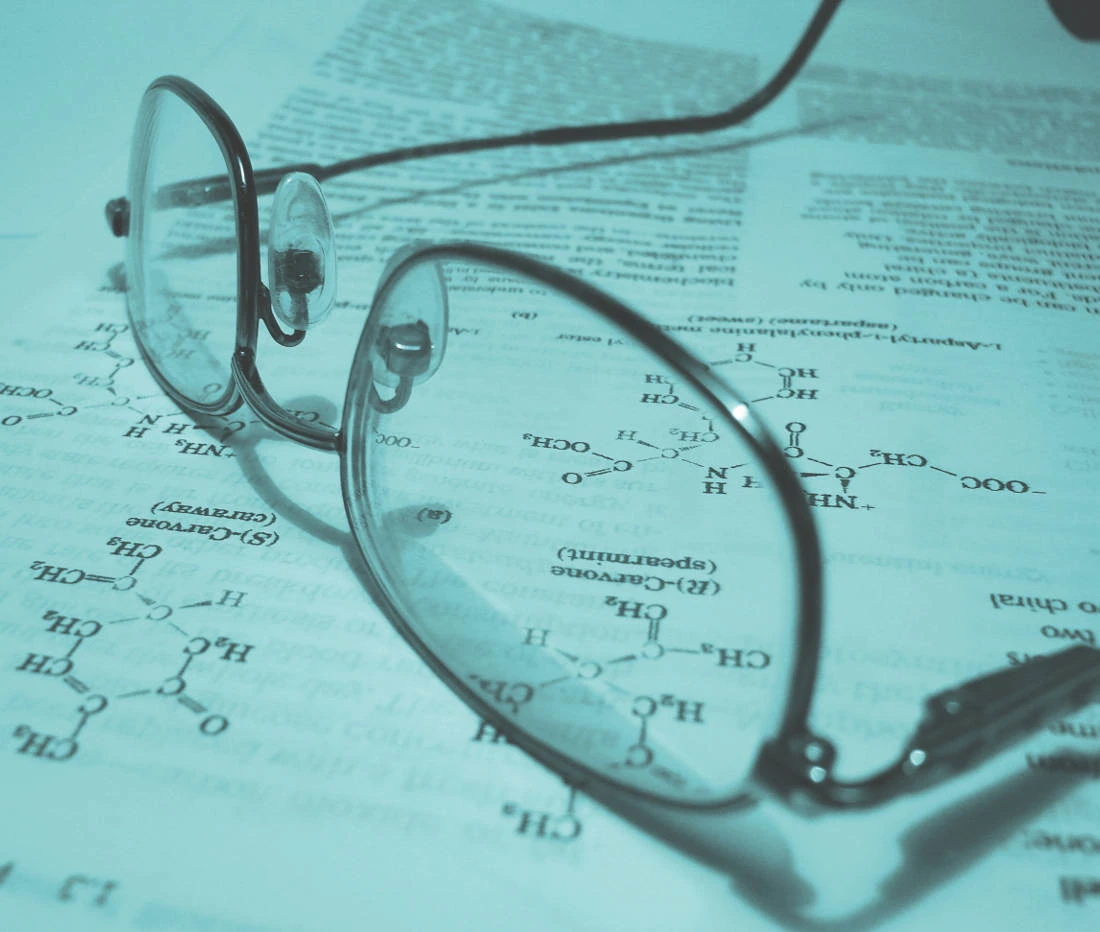 Scientific production
Scientific production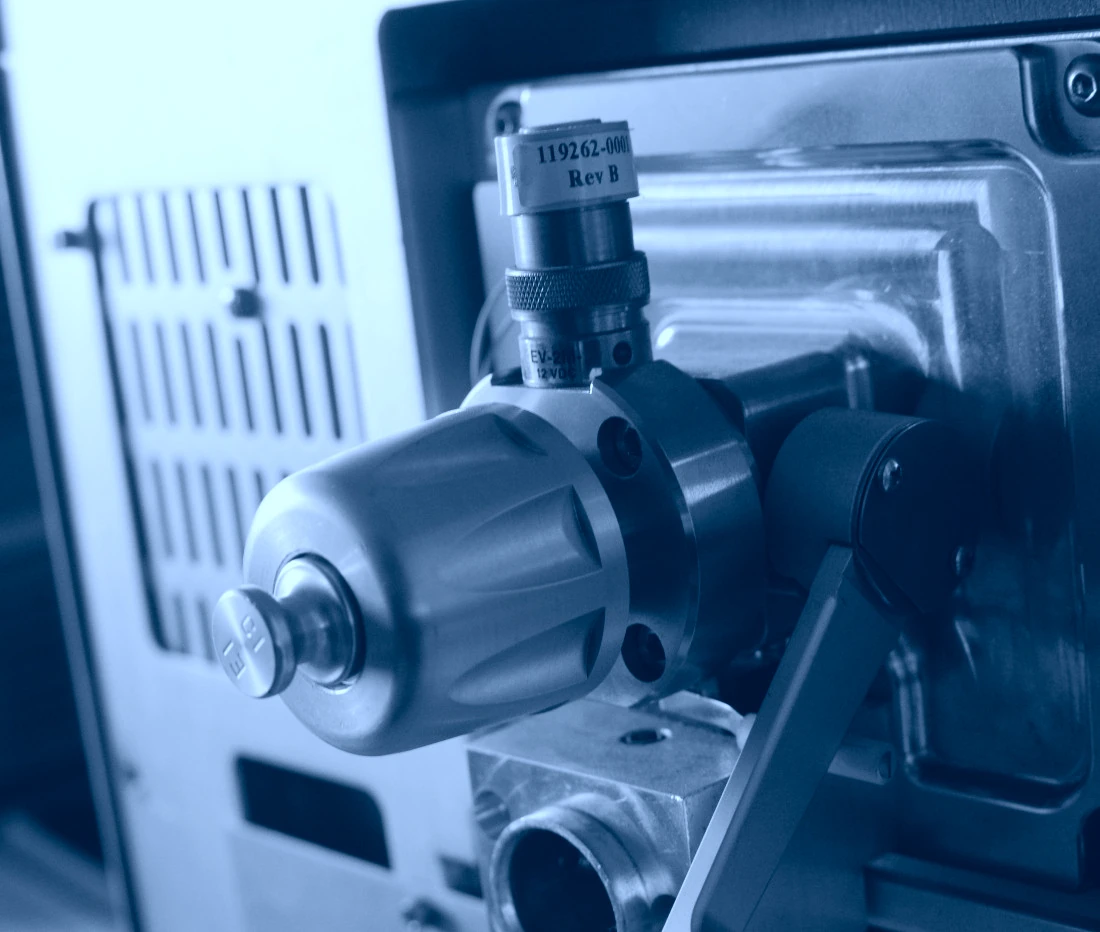 Technical resources and equipment
Technical resources and equipment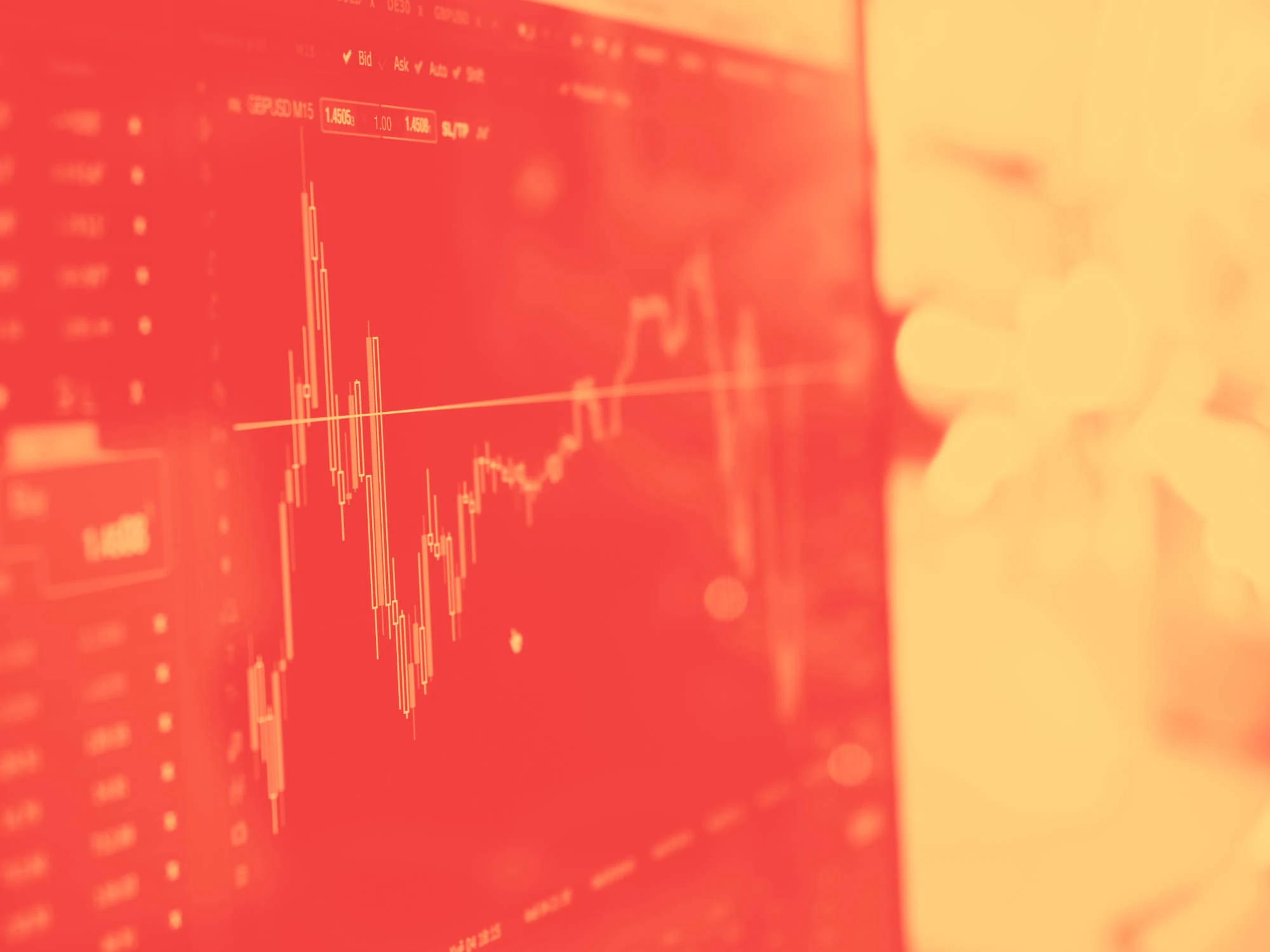 Expertise and disciplines
Expertise and disciplines
